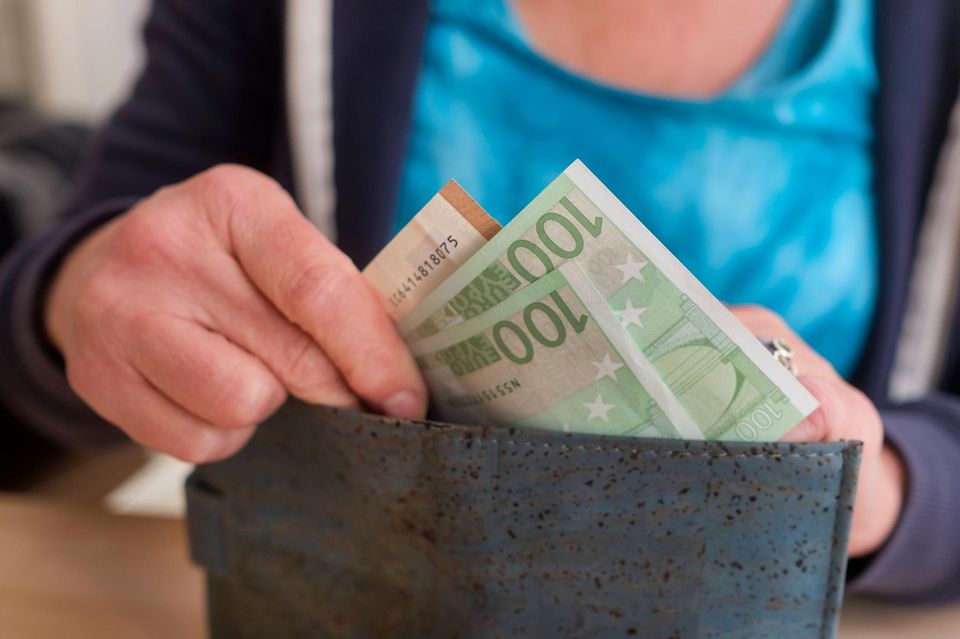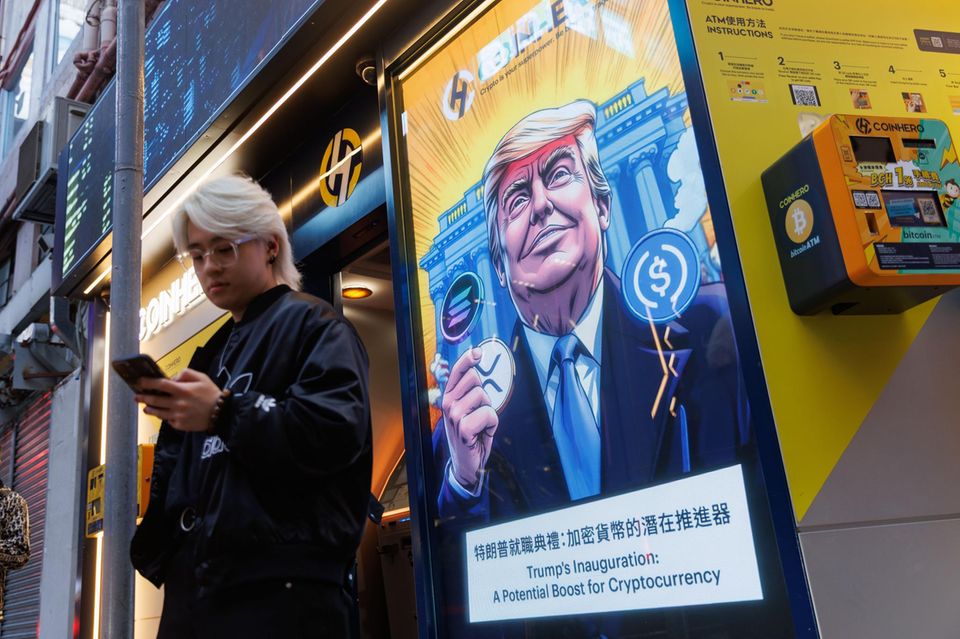Data protection advocates warn: Why cash is not as anonymous as we like to think

by Malte Mansholt
3 minsGermans love cash – and are skeptical of data collection. But banknotes are also being monitored more frequently. Data protection advocates are already warning of the consequences.
Many people in Germany prefer to pay with cash – whether out of habit, necessity, or "because you can see what you have." However, for many, the fact that digital payments, such as those made with debit cards, leave a data trail also plays a role. But banknotes aren't as anonymous as people generally think. And the authorities are considering greater surveillance.
This is demonstrated by research by "Netzpolitik." Indeed, banknotes can be precisely identified by their serial number – and are also being tracked by an increasing number of actors as they move through the economy. Interest in this data is high.
Persecution by the business worldSerial numbers are increasingly being automatically recorded, whether during withdrawals at ATMs or deposits into an account. But this can also happen in supermarkets, as "Netzpolitik" points out: When a service provider collects the cash in the evening, the banknote numbers are often automatically scanned. This allows a connection to be made between the withdrawal and the dispensing of the banknote, in case of doubt.

Authorities have been using this traceability for investigations for decades. This has been confirmed in ransom cases, in the prosecution of money laundering, and in the investigation of terrorist financing. Banknote numbers are collected in databases. If they are found again during checks, this is reported. Authorities can also inquire with the Bundesbank whether certain banknotes have surfaced.
Cash monitoring as a serviceAutomated scans, however, can significantly expand the possibilities. The service provider Elephant & Castle IP automatically collects the serial numbers of banknotes from armored car companies, including the date and time of the scan. Authorities can then search for specific banknotes. Several public prosecutors' offices are already using this service, Managing Director Gerrit Stehle explained to Netzpolitik. However, the company only offers the data to authorities.
"Our technology makes it possible to trace the history of banknotes at the push of a button," says Stehle. "We use data analysis to develop a deep understanding of cash movements and identify payment flows that exhibit potentially suspicious patterns. We're essentially listening to the cash." He would ideally like to expand the system even further with money counting machines.
The collection of serial numbers is particularly interesting because, according to the collectors, it is not regulated by data protection laws. Because it is not personal data, they argue, protective mechanisms such as the General Data Protection Regulation (GDPR) do not apply.
This raises alarm bells for data protection advocates. "If serial numbers are stored along with the time and location of collection, and this data is collected in ever more granular detail, the anonymity of cash is lost," Marit Hansen, Schleswig-Holstein's State Commissioner for Data Protection, warned Netzpolitik. She believes this poses risks not only in the recording of purchasing behavior, but also in terms of business secrets.

Anonymity is considered one of the greatest advantages of cash. "Cash is the preferred means of payment for people who want to be confident in their own data. No other means of payment achieves such a high level of data protection," states a position paper from a workshop organized by the Bundesbank. According to the paper, half of Germans consider the anonymity of money to be an important factor when choosing a payment method.
Monitored cash: Who has which note?In reality, however, this anonymity is an illusion. "Within the police information network, it is possible to link various categories of information, including personal data," the Bremen police confirmed to Netzpolitik. This means that serial numbers can be linked to individuals.

Surprisingly, it's not entirely clear whether ATMs also link serial numbers to individuals. A corresponding inquiry from "Netzpolitik" (Network Policy) was answered only evasively or not at all by 16 banks. Only the German Banking Industry Association (DKB) took a clear stance: "There is no general, cross-institutional recording of banknote serial numbers," the association emphasized. Whether they are tracked within the institutions, however, remains open.
This is already happening in other countries: in China, every banknote issued is assigned to a person, and South Africa monitors its banknotes in real time.
This article is a reprint of Stern, which, like Capital, is owned by RTL Deutschland. It will be available here on Capital.de for ten days. After that, you can find it at www.stern.de.
capital.de



